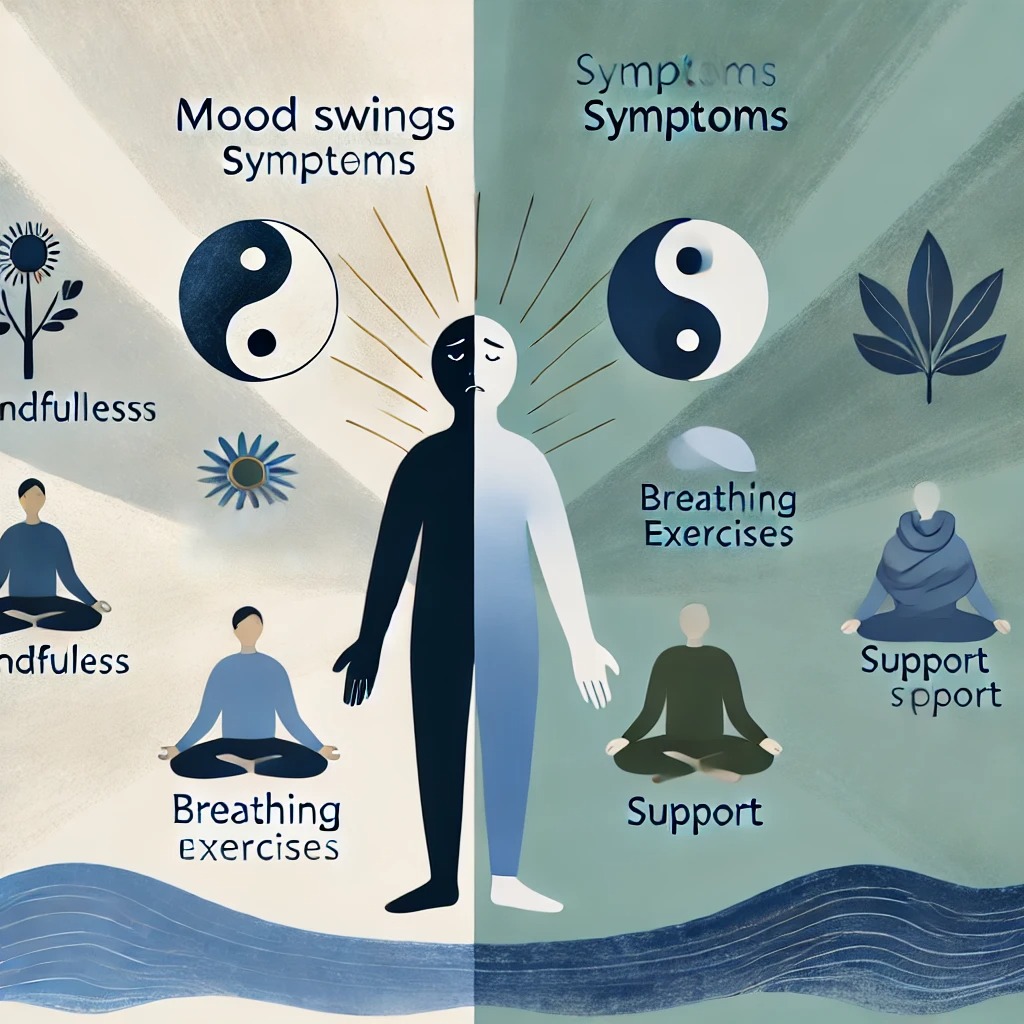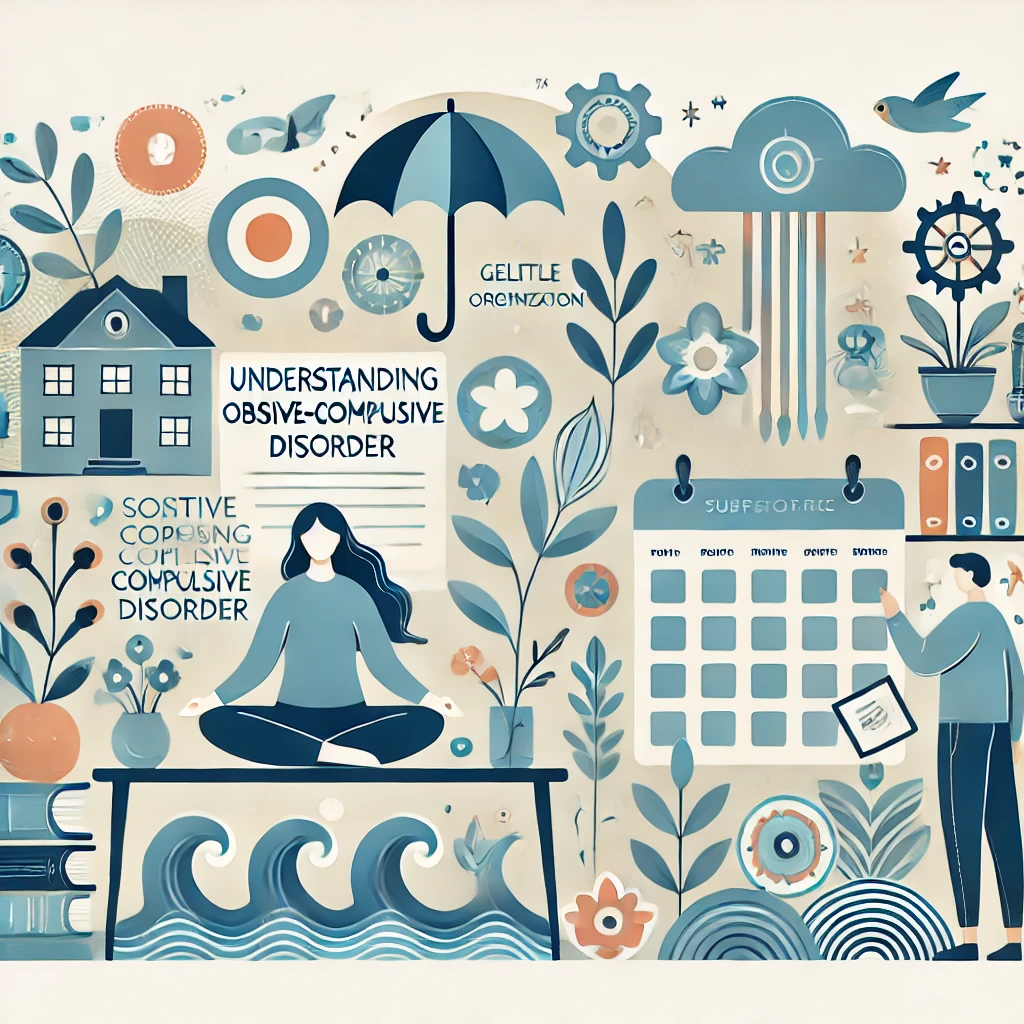
Managing Bipolar Disorder: Finding Balance in Mood Swings
What is Bipolar Disorder?
Bipolar disorder is a mental health condition characterized by extreme mood swings, including emotional highs (mania or hypomania) and lows (depression). During manic phases, individuals may feel euphoric, overly energetic, and impulsive, while depressive phases can bring intense sadness, fatigue, and disinterest in daily activities. Understanding these mood cycles is crucial for effective management and improving quality of life.
Symptoms of Bipolar Disorder
- Manic Episodes: High energy, reduced need for sleep, impulsive behavior, grandiosity, racing thoughts, and reckless decisions.
- Depressive Episodes: Low energy, feelings of hopelessness, loss of interest in activities, changes in appetite, difficulty concentrating, and suicidal thoughts.
- Mixed Episodes: Experiencing symptoms of both mania and depression simultaneously, leading to heightened irritability, agitation, and mood instability.
Strategies for Managing Bipolar Disorder
- Medication Management: Mood stabilizers, antipsychotics, and antidepressants are commonly used to help control mood swings. It's essential to work closely with a healthcare provider to find the right medication and dosage.
- Therapy: Cognitive behavioral therapy (CBT), dialectical behavior therapy (DBT), and family-focused therapy can help individuals manage symptoms, develop coping skills, and improve relationships.
- Establish a Routine: Consistent daily schedules for sleep, meals, and activities can help stabilize mood swings and reduce stress.
- Monitor Moods: Keeping a mood diary can help track patterns, triggers, and the effectiveness of treatments, allowing adjustments as needed.
- Healthy Lifestyle Choices: Regular exercise, balanced nutrition, and avoiding alcohol and drugs are crucial in maintaining overall mental health and managing bipolar symptoms.
- Support Systems: Building a reliable support network of friends, family, and support groups can provide emotional support and help during difficult times.
- Stress Management: Techniques such as mindfulness, meditation, and relaxation exercises can help reduce stress, which is often a trigger for mood episodes.
Conclusion
Managing bipolar disorder requires ongoing effort, but with the right combination of treatment, lifestyle changes, and support, individuals can lead fulfilling lives. Consistency in medication, therapy, and self-care routines plays a vital role in stabilizing mood swings and improving overall well-being. If you or someone you know is struggling with bipolar disorder, seek professional help and remain hopeful—effective management is possible.





